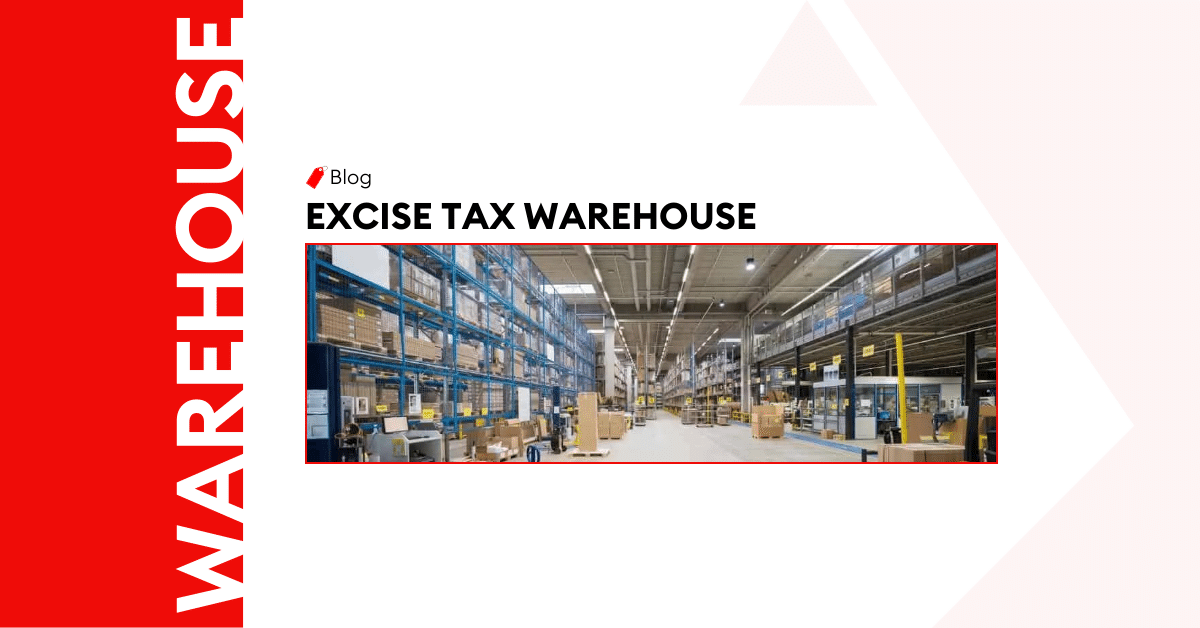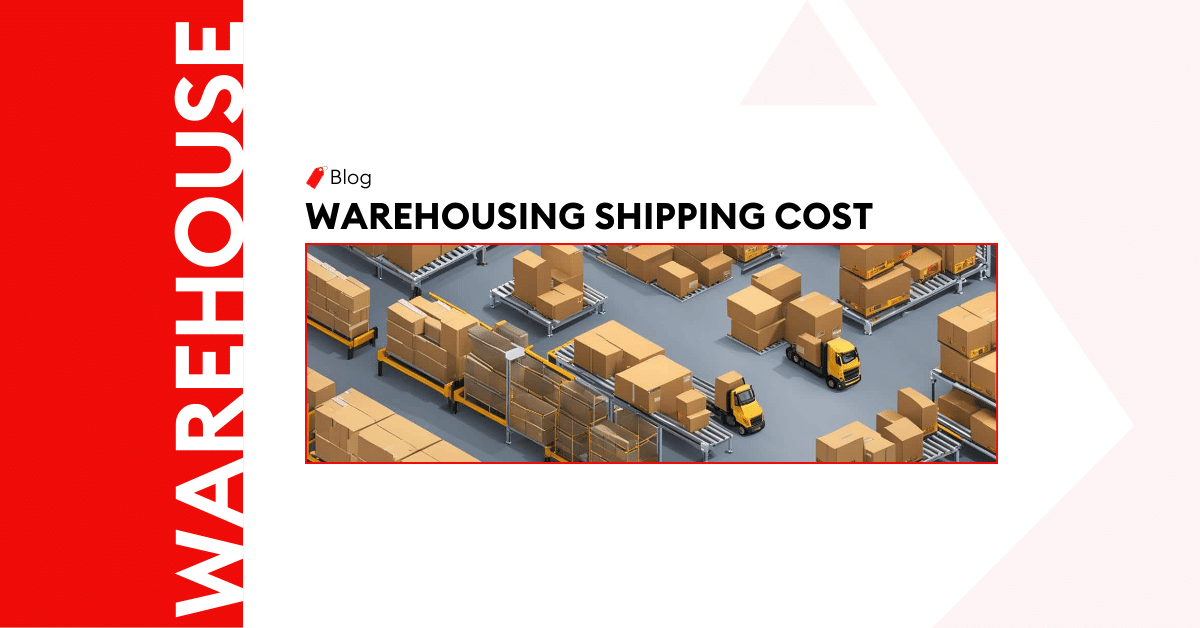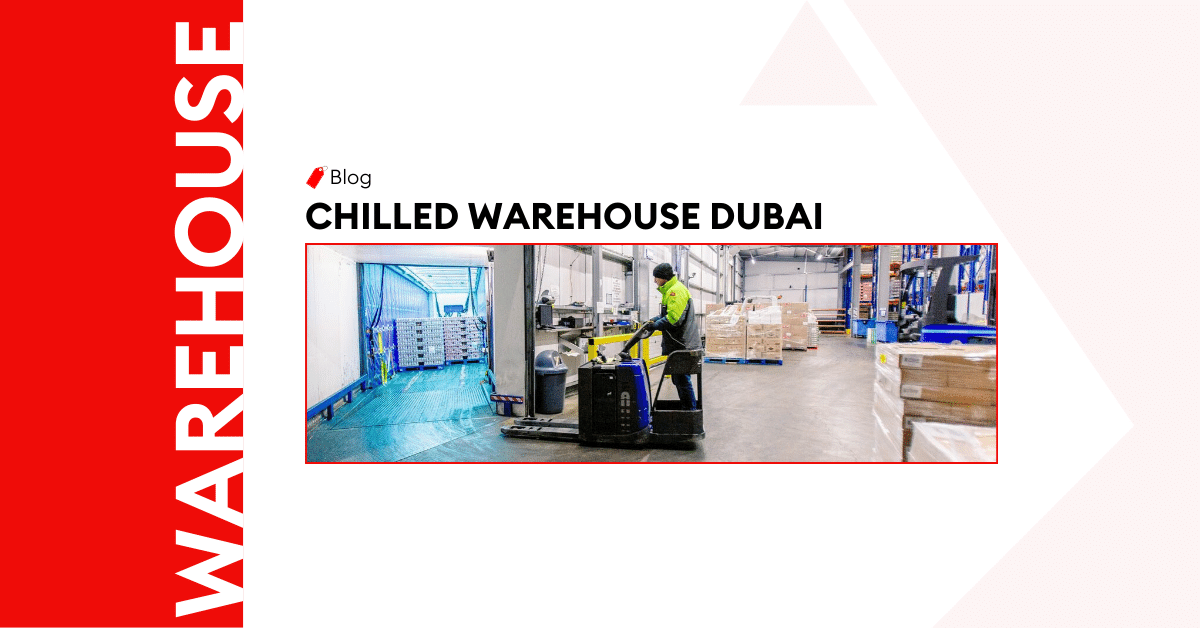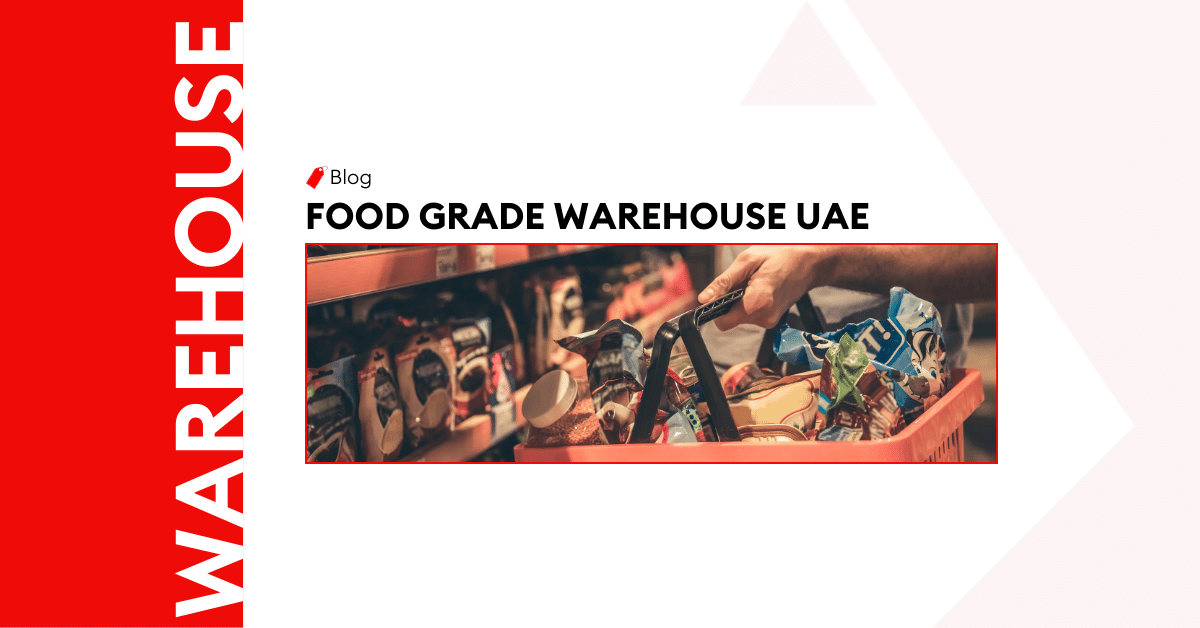
Excise Tax Warehouse: What It Is And How It Works
Excise goods are highly taxed goods. Therefore, it brings about the need for businesses to seek out any available tax-free storage space. And this is one standout advantage of an excise warehouse.
For clarity, excise goods are products and services that incur excise duty.
Excise duty is a tax levied on goods imported into, produced, or stored in the UAE. Also, it’s a kind of indirect tax charged on the sale or consumption of certain goods, products, services, or activities.
These include tobacco and alcohol products, narcotics, gambling, among others. The primary aim is to discourage their use and consumption.
Now, let’s discuss an excise warehouse in detail.
What Is an Excise Warehouse?
An excise warehouse is a warehouse that businesses make use of in keeping goods liable to excise duty. This type of premises operates under the permission of the Federal Tax Authority.
The definition gets its root from regulation 3 of the Holding 2010 Regulation. As a result, an excise warehouse also goes by the name tax warehouse.
In the vicinity of an excise tax warehouse, excise goods can be kept without paying excise duty. Or, in some cases, under an arrangement of duty suspension.
Other names by which an excise warehouse is known are;
- Tax warehouse
- Excise manufacturing warehouse
- Excise storage warehouse
- Excise tax-free warehouse
- Excise bonded warehouse
An authorized warehouse keeper usually operates an excise warehouse. This excise warehouse keeper is a person or business that can manufacture, process, store, receive and deliver excise goods as a service.
As with the warehouse, an excise warehouse keeper can perform all these operations without paying the required excise duty.
What are Excise-able Goods?
An excise goods example usually includes:
- Carbonated drinks (sparkling water is an exception)
- Electronic smoking devices and tools
- Energy drinks
- Liquids utilized in electronic smoking devices and tools
- Sweetened drinks
- Tobacco and tobacco products
What Is the Purpose Behind Levying Excise Duty?
Essentially, excise duty is levied on goods that could harm the health of end-users. Or goods, that when wasted, will negatively impact the surroundings and environment.
Consumers do not pay this tax to the government. However, the high prices of excise goods ensure they cover the full costs of the tax.
Also, these highly taxed goods serve as a source of revenue to the government. It is money that can be utilized in creating and maintaining productive public services.
What Is the Function of an Excise Warehouse?
An excise warehouse serves to defer the payment of excise duty when importing and storing goods liable to excise duty.
In addition, businesses can obtain duty suspension on excise goods pending the time these goods are traded or transported within the UAE.
What Is the Basic Difference Between Custom Duty and Excise Duty?
A duty, in general, is a tax levied on goods, products, services, and activities imported into or manufactured in a country. Note that this excludes individuals and/persons.
Customs duty and excise duty are examples of taxes the government imposes to generate revenue. This revenue is a driving force behind the growth and development of the state and public services and infrastructure.
However, differences exist between the custom and export duties.
The significant difference is, custom duty is imposed on goods imported from a foreign country. In contrast, excise duty is levied on unique products manufactured inside the borders of a country.
Some other differences are;
- Customs duty is calculated based on a good’s assessable value, while Excise duty is calculated per the number or volume of goods.
- Customs duty is levied on individuals, companies, and organizations who purchase from importers, while Excise duty is levied on manufacturers.
Where Can an Excise Warehouse Be Located?
The unique nature of excise goods draws astute attention from the government. Hence, its entire logistics tend to be different from that of non-excisable goods.
Therefore, it is unusual to find an excise warehouse at just any location. However, excise warehouses have unique locations and let’s find out where it could be.
Free-Zone Designated Warehouse Storage Within UAE
An excise warehouse can be located in a free zone within the UAE. These free zones refer to areas specially designated to house warehousing facilities.
Bonded Warehouse Storage in Mainland Local Market
Other available locations are anywhere in the emirate mainland, aside from free zones, where the business is located.
What Is the Difference When Goods Are in Excise Tax-Free Warehouse in the Mainland Local Market and in Free-zone?
Goods in the local mainland market are subject to Value Added Tax. In contrast, the goods do not attract Value Added Tax in designated free zones. (guarantee? )
What Is the Benefit to Businesses That Store Goods In a Tax-Free Excise Warehouse?
For persons/businesses dealing in excise goods, using an excise warehouse is advantageous for multiple reasons.
Here are some of the benefits businesses can get from using a tax-free warehouse.
- In a tax-free excise warehouse, duty payments on excise goods ensure no tax is paid until the goods are sold. For businesses, this can significantly increase cash flow.
- If the stored excise goods are intended for export, no duty will be payable in the UAE but paid in the destination country. As a result, double-duty payments will be avoided, leading to further financial savings.
- Goods can be received and stocked in excise tax warehouses to maximize peak season. So, businesses can fulfill sizeable orders without delays.
- Excise warehouse services usually include specialized facilities, such as deep freezers of large vats to store wine or spirits.
- The bonded warehouse facility often provides inward and outward customs documentation.
Conclusion
Receiving, storing, and moving excise goods within the UAE comes with special documentation and monetary implications for businesses.
Using excise warehouses and/or partnering with registered warehouse keepers like 3PLs can help businesses save a lot and maximize their work operations.
Therefore, an excise tax warehouse is a good option for B2B service providers, thought leaders, CMOs in the UAE.
Our customer service team is happy to assist you with planing your next booking.

Related Articles
Optimize Warehousing, Fulfillment and Shipping Cost
In today’s fast-paced business environment, efficient distribution and shipping play a crucial
Frozen and Chilled Storage Warehouse in Dubai
Dubai’s hot climate means efficient storage is a prominent concern for manufacturers and selle
Keeping Your Food Safe with Food Grade Warehouse in Dubai
Currently, the United Arab Emirates (UAE) relies on other countries for the bulk of its food supplie







Post a comment
You must be logged in to post a comment.